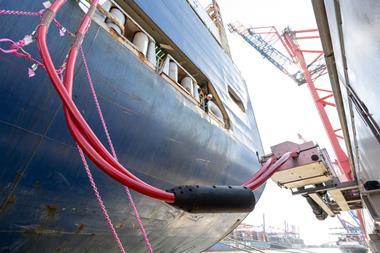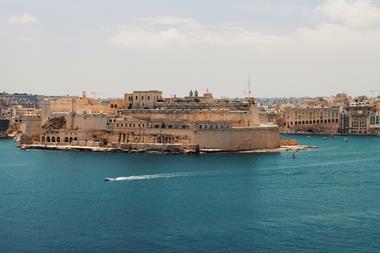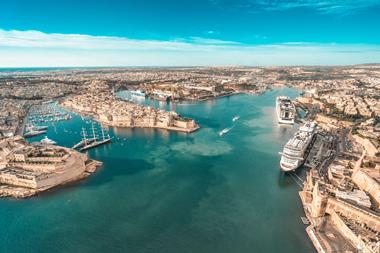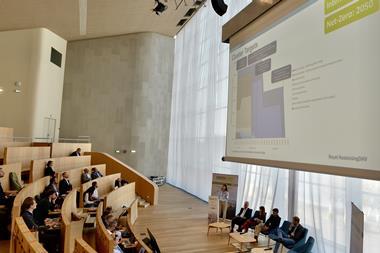Ports must balance environmental challenges with economic demands in order to achieve their sustainability and decarbonisation ambitions, delegates were told during the opening speeches of the GreenPort Congress and Cruise in Lisbon.
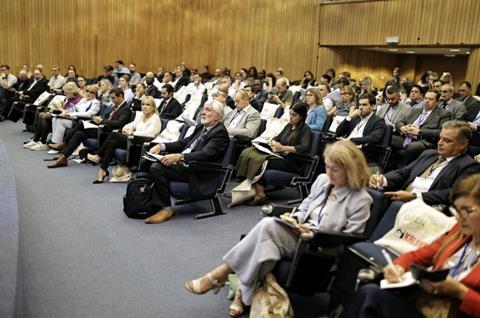
This set the scene for a day of discussions around strategy, technology, policy, legislation and – a dominant theme – who will pay for it all.
Port authorities must think about their ‘licence to operate’, said conference chairman and moderator Chris Wooldridge, science coordinator for EcoPorts EcoSLC. However, he added: “This is not just your certificate on the wall but what do your local communities think?”
Ports must also be mindful of the world outside, of climate change and the profound impacts of their carbon footprint, he said. “All of this has to be managed within the geopolitical events going on at the same time. And who is going to pay – is it only in dollars and euros, or are there other costs?”
Going green is not only about commitment and strategy – it is about real action, and real private and public investment, said Isabel Moura Ramos, executive board member of the Port of Lisbon Authority.
Outlining the port authority’s commitment to sustainability – from reducing CO2 and improving air quality to increasing efficiency in container handling, providing onshore power and improving inland waterway navigational conditions to create a strategic corridor for modal shift – she said Lisbon had the ambition to be the major blue economy hub in Portugal.
“Cooperation is in our DNA. This is a green and digital transformation to become a greener, smarter and more resilient port.”
At the end of a full programme with two parallel streams of topics and discussions, many delegates joined an interactive ESG (Environment, Social and Governance) workshop session.
Sustainability specialist Renée McGlashan, addressing the workshop online from Brisbane, said that while the concept of sustainability in the modern context can meant different things to different people – a balance between social, environmental and economic aspects – ESG is a specific tool to measure the performance of an organisation, with a set of criteria to evaluate and improve performance.
Opening the session, Chris Wooldridge remarked: “It is obvious that the most proactive ports are not writing environmental reports any more – they are integrating environment into their sustainability reports. Environmental management is now part of the business plan for the commercial port. It will cost you money to be good – but it will cost you more to be bad.”


